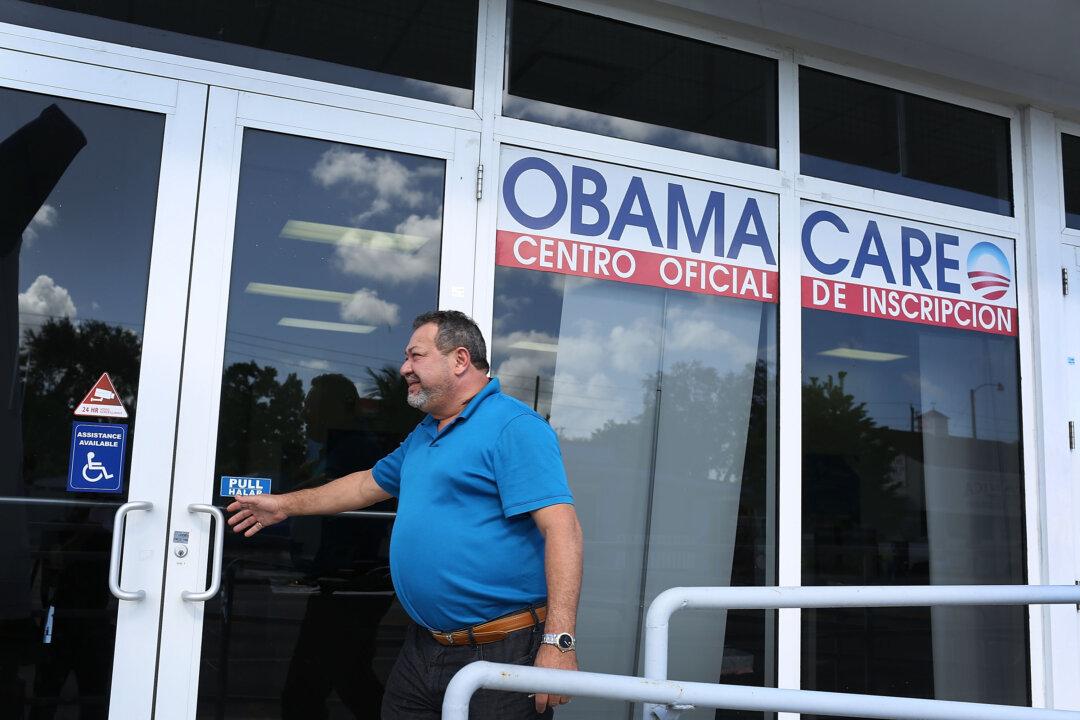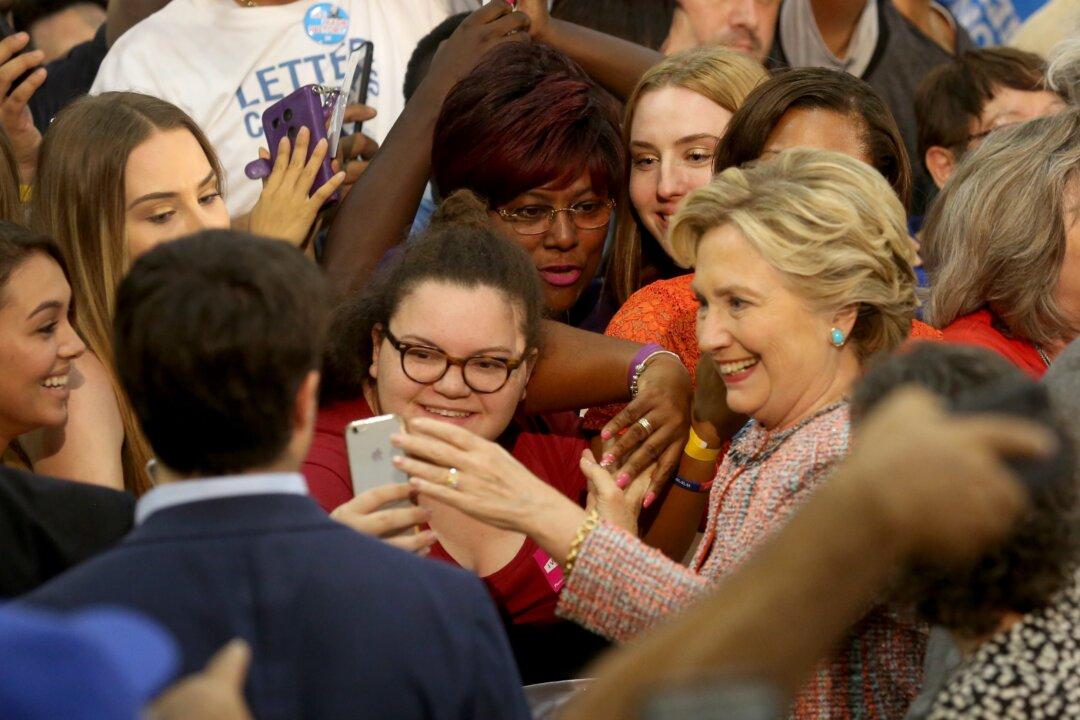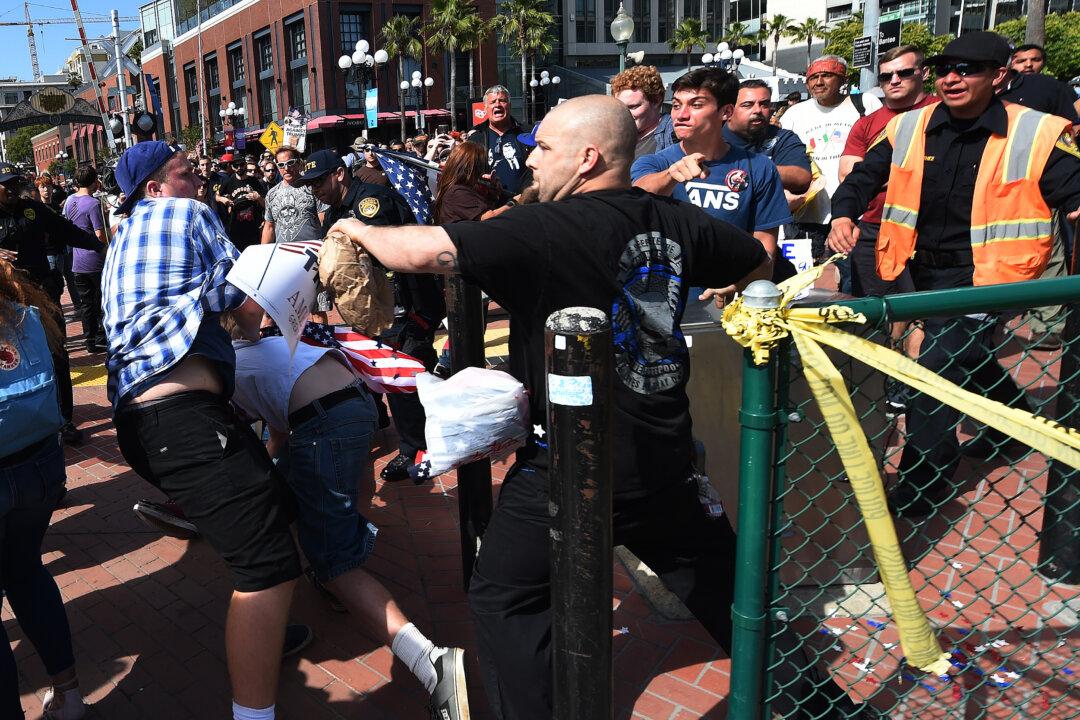American names have popped up in the massive Mossack Fonseca leak that was released on April 3, including retirees, a hollywood magnate, a singer, and a book author.
The names of Americans that are linked to the Panama Papers were released by McClatchyDC, who is working in collaboration with the International Consortium for Investigative Journalists.
The records, which date back 40 years, do not include politicians, but there are retirees, scammers, and tax evaders linked to Mossack Fonseca. In four different instances, the Panamanian law firm helped set up offshore companies for Americans who are now accused or convicted by federal authorities of serious financial crimes, including securities fraud and Ponzi schemes.
According to McClatchy, in some cases, the companies created through Mossack Fonseca were linked to fraudulent activities, while others were unclear.
The Panama Papers had at least 200 U.S. passport records and 3,500 shareholders with U.S. addresses. Almost 3,100 companies are related to offshore professionals in Miami, New York, and other locations in the United States.
The leaked data also shows some U.S. citizens with dual citizenship opening accounts using their foreign passports. Among those Americans named in the Mossack Fonseca breach are retirees purchasing real estate in locations like Panama and Costa Rica.
The Names
Businessman Robert Miracle from the state of Washington, popped up in the Panama Papers, according to McClatchy. Miracle was indicted for a $65-million Ponzi scheme in Seattle, which involved investment in oil fields in Indonesia. He used new investors’ money to pay off previous investors. After an FBI investigation, Miracle was sentenced to 13 years in prison on March 13, 2011 having pleaded guilty to wire fraud and tax evasion.
His company, Mcube Petroleum, had been an active shareholder in various offshore companies created by Mossack Fonseca in the British Virgin Islands.




